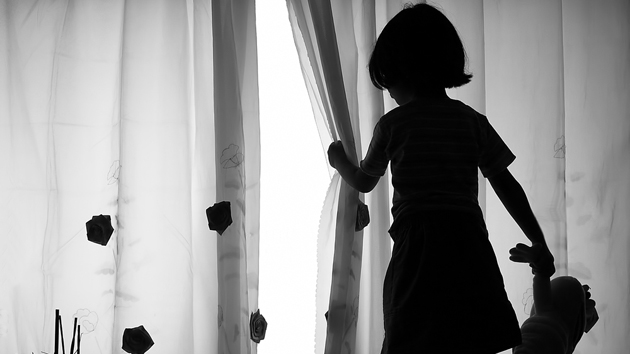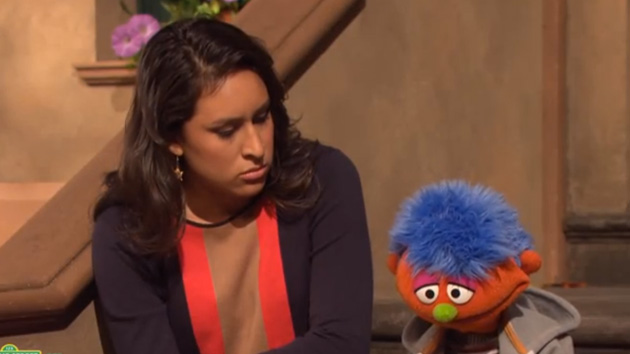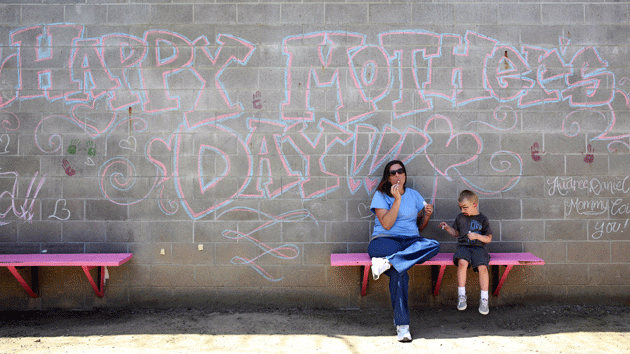
<a href="www.shutterstock.com/pic.mhtml?id=166235003&src=id">Naufal MQ</a>/Shutterstock
As students return to the classroom this fall, one large group of children will be more likely than their peers to suffer learning disabilities, ADD/ADHD, behavioral problems, chronic school absence, and a host of other health concerns. These are the 2.7 million US children coping with the stress of parental incarceration.
In a new study, University of California-Irvine sociologist Kristin Turney analyzes data from the 2011-12 National Survey of Children’s Health (NSCH) to determine the mental and physical health effects of having a parent in jail or prison. The results are striking:
The NSCH surveyed 95,677 children. Turney’s analysis found that children with a parent in jail or prison had worse health across all but three tested health outcomes. They were more than three times as likely to suffer depression (6.2 percent vs. 1.8 percent) and behavioral problems (10.4 percent vs. 2.6 percent), compared to kids without an incarcerated parent. Perhaps more surprisingly, parental incarceration was related to higher levels of asthma, obesity, speech problems, and overall poor physical health.
Factors that affect health are often interrelated, making it difficult to isolate and study just one: Families already in poverty are more likely to be affected by incarceration, but incarceration can also destabilize family finances. Even when Turney controlled for a host of other factors—including parental employment and income, ethnicity, parents’ relationship status, safety of neighborhood, and parental health—the relationship remained between parental incarceration and health concerns like learning disabilities, ADD/ADHD, and developmental delay.
In fact, Turney found that children with parents behind bars are as likely to suffer certain health problems—including learning disabilities and developmental delay—as children who experience divorce or the death of a parent, witness parental abuse, or share a home with someone with a drug or alcohol abuse problem.
“Results suggest that children’s health disadvantages are an overlooked and unintended consequence of mass incarceration,” Turney writes, “and that incarceration, given its unequal distribution across the population, may have implications for population-level racial-ethnic and social class inequalities in children’s health.”
One study found that a quarter of black children born in 1990 saw a parent go to jail or prison by age 14, as opposed to 3 percent of white children.
Parental incarceration introduces significant stress into a child’s life, Turney tells Mother Jones, which “leads to negative health effects, especially mental-health conditions.” But on top of inherent psychological stress, incarceration can hit a family from all directions: The destabilization of family finances, relationships, and other elements of daily life can cause indirect stress that further impacts a child’s health, Turney explains.
The NSCH data does not make clear the extent to which direct and indirect stress contribute to poor health, but Turney says she hopes future research will help figure that out: “Because that’s really important for where to best invest, in terms of intervening in these kids’ lives and where we might be able to develop public policies.”
She says children can be overlooked as policymakers focus on the health of the inmates themselves. “And while there are certainly a host of negative things that go along with that, we should be thinking about how these consequences can really have spillover effects on families and on children.”
Incarceration’s impact on family life is made worse by facilities located far from cities, exploitative phone rates, lack of official policies to address children’s needs, and excessively long sentences. Two-thirds of incarcerated parents are nonviolent offenders.
Turney has previously studied the way in which teachers’ perceptions of children with incarcerated fathers can make it more likely for these children to be held back a year in school. She says there is a growing interest in studying parental incarceration, but that researchers are stymied by a lack of good data.
Its not just academics who are starting to think about this issue: Sesame Street recently reached out to children coping with parental incarceration by introducing a puppet whose father is in jail. As one little girl says in the clip, it gets hardest “when I see children with their mothers, and playing and everything, and I just wonder how it feels to be like that.”














